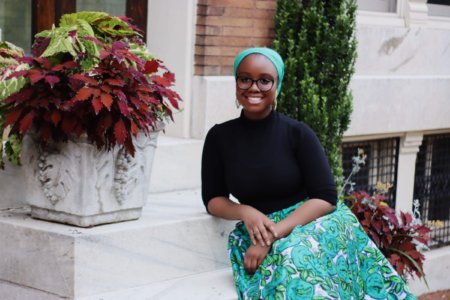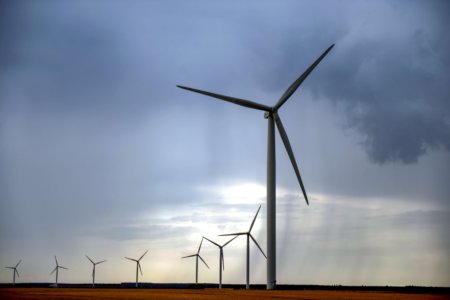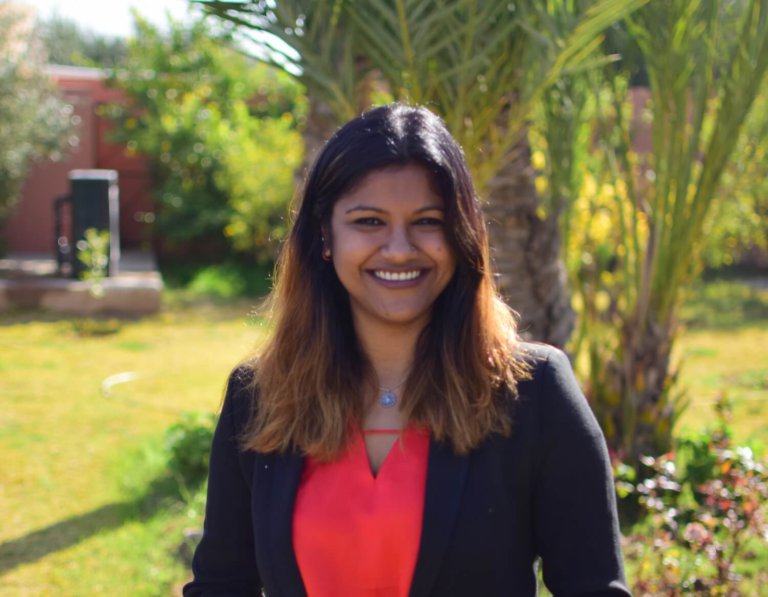
Raka Sarkar is deeply rooted in the world of renewable energy. It started out with a Bachelor of Technology in Electrical Engineering at the National Institute of Technology Durgapur. From there, she went on to get her Master of Science in Renewable Energy Science and Technology at Ecole polytechnique in Palaiseau, France. Not wanting to stop there, she went on to pursue another Master of Science in Energy Management at two of ESCP Business School’s campuses: London and Paris.
Since then, she’s spent three months in Nairobi for an internship stint with a solar home systems company Pawame. She knew some judged her choices but she was confident in Pawame and wanted to experience what working in a startup was like. Shortly after, she moved to Dubai to start her career as a senior analyst at Finergreen — a financial advisory company focused on solar, wind, biomass, hydro and storage energy.
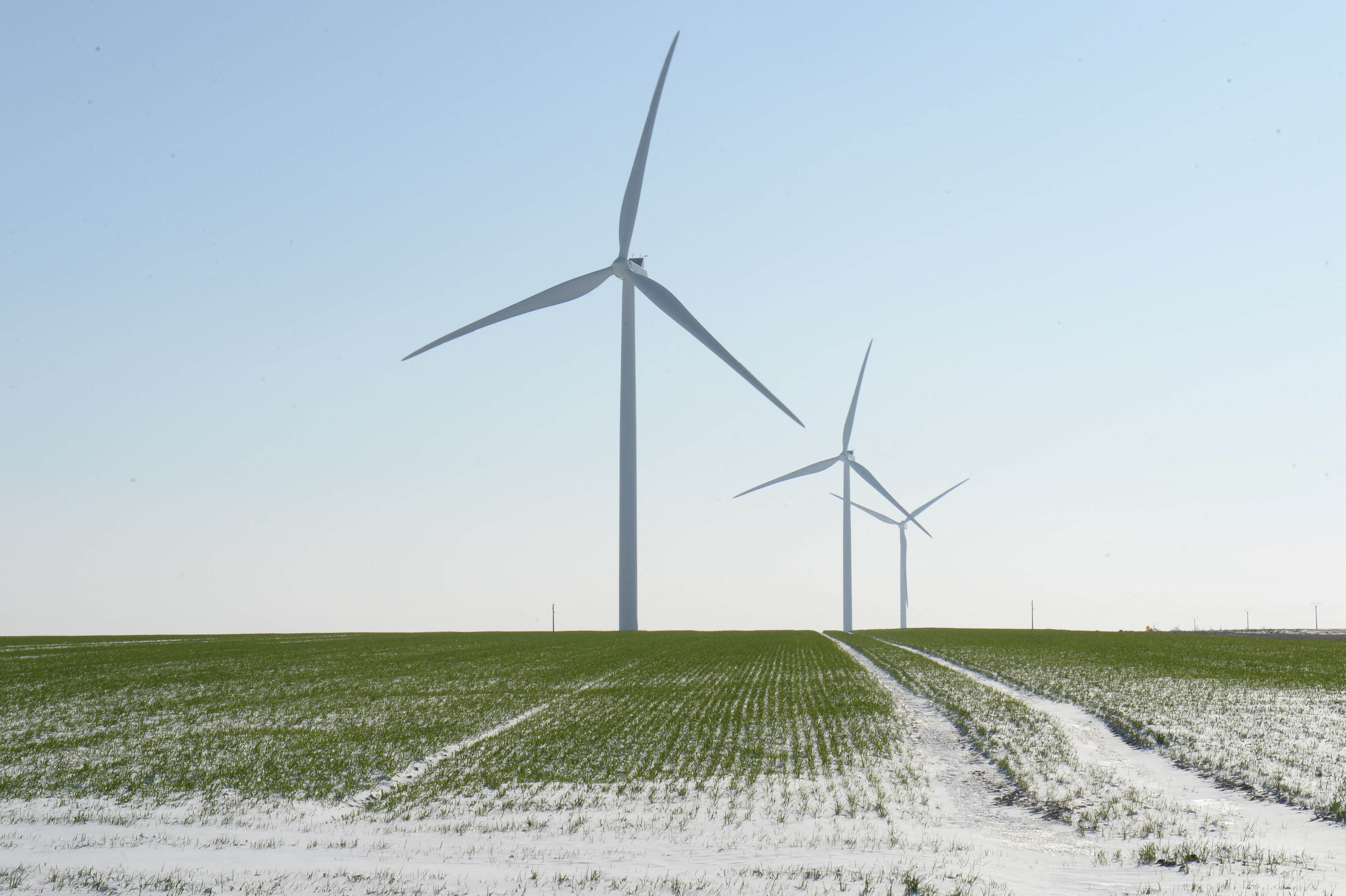
Solar energy is one of the focus points of Finergreen, the company that Sarkar now works at. Source: Jean-Francois Monier/AFP
“I was effectively introduced to the world of renewable energy finance during my Master of Science in Energy Management; it formed the foundation of my understanding of this aspect and helped me in my current job,” she tells us. Find out what else he has to say about her dual-campus programme and how her career is growing thus far:
Why did you choose to pursue your master’s at ESCP Business School in Paris and London?
I have an engineering background with a specialisation in renewable energy. However, I was keen to learn about the overall landscape of energy in today’s world — mainly the different types of renewable energy. Hence the course in Energy Management was a perfect fit as I wanted to learn about the various aspects that make up the energy landscape.
Do you think it would have made a difference if you studied at a local institution?
At ESCP, most master courses are split over two campuses which is a unique offering of this uni. Being in London and Paris for this course allowed me to pursue different opportunities. In London, we were able to have the energy trading challenge, something which is desired by many students for hands-on experience in commodity trading and visiting a nuclear plant.
There were opportunities to network with other unis in the UK and join “energy clubs”. Being in two global cities definitely adds value in terms of international exposure and networking. Plus, it opens up more avenues for possible jobs. It also helped that London offered more chances for students who want to live and work in an English-speaking country.
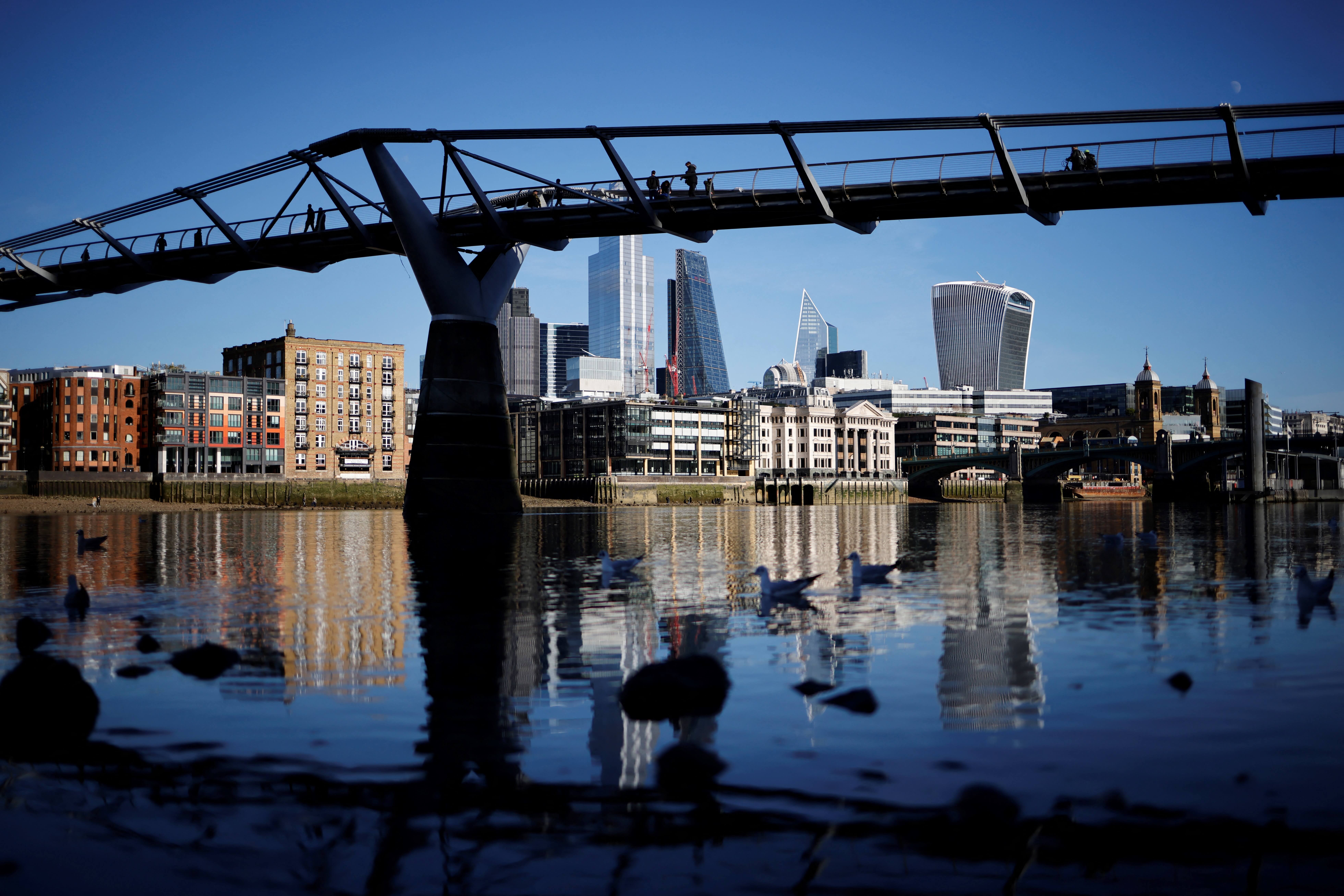
London is a global city and a financial hub, making it the perfect location to network and find opportunities in such sectors. Source: Tolga Akmen/AFP
Tell us more about your career trajectory since graduating. What is it like working in the renewable energy sector?
In 2016, I had an internship at Schneider Electric in France and at Pawame in Kenya. In 2017, I got a job as the Commercial Proposal Manager at Akuo Energy in Dubai and since then I’ve worked my way up to an Associate at Finergreen.
Working in renewable energy is quite exciting as the sector is growing fast with many projects and products currently being developed. We are clearly in the middle of an energy transition. Today, solar PV — the conversion of light into electricity — and onshore wind are the cheapest sources of new-build power generation for at least two-thirds of the global population.
These two-thirds live in locations that comprise 71% of GDP and 85% of energy generation. New technological advancements are underway — green hydrogen, solar thermal heat applications, ocean energy, and so forth. Clean energy investments are a primary focus for many capital providers which can appeal to anyone who wants a career in sustainability.
How do you use the knowledge and skills gained in your course in your current job role?
In terms of direct application, some of the courses proved very helpful in my current role and formed the foundation of my learning curve in corporate finance and project finance to name a couple. In other areas, the soft skills and interpersonal skills honed by my time at ESCP have helped me to merge seamlessly into my current corporate organisation and form healthy working relationships with my colleagues.
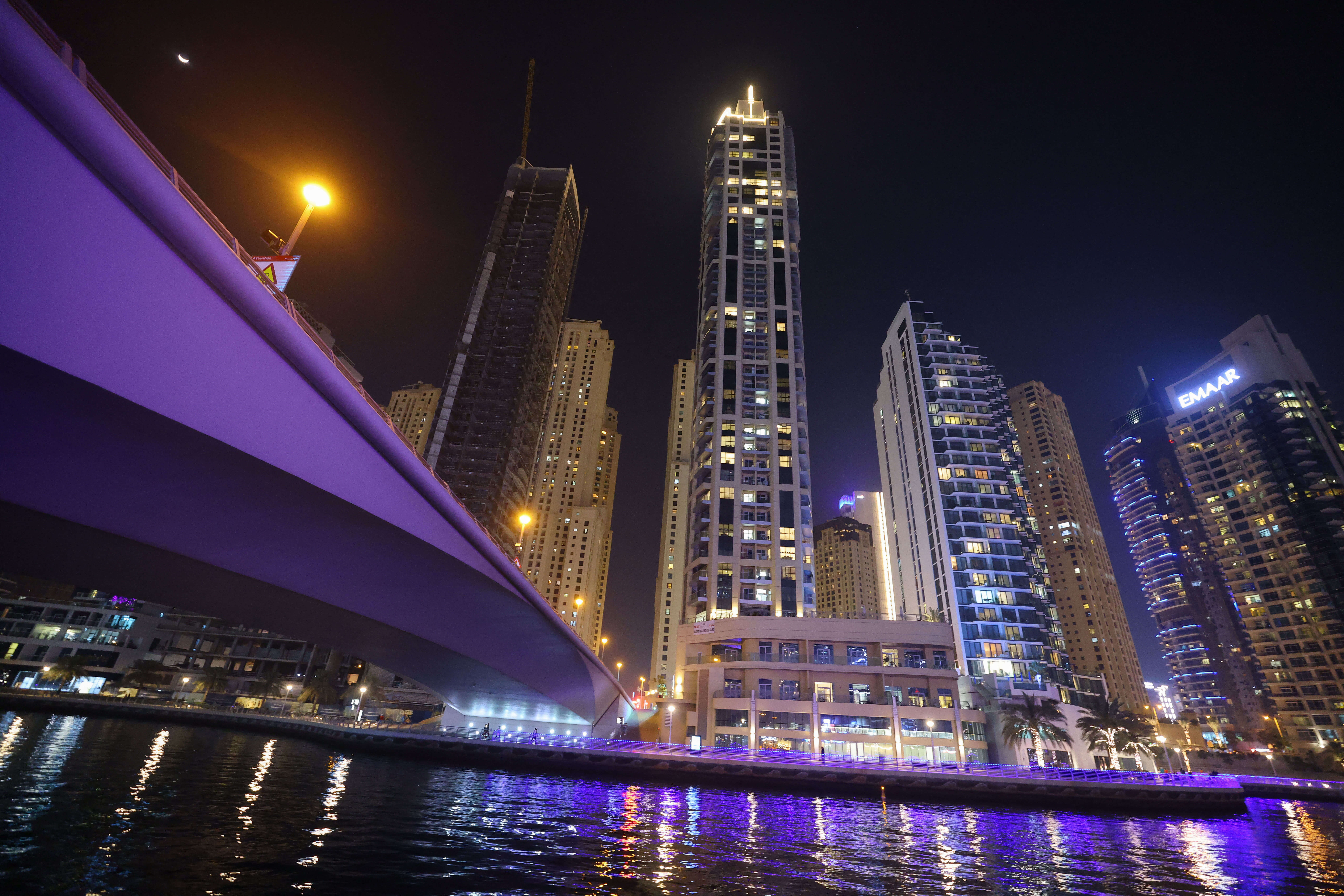
From India to Nairobi, then Europe to Dubai, Sarkar boasts an accomplished career in sustainability. Source: Giuseppe Cacace/AFP
The various group assignments and presentations that involve division of tasks, leadership roles, project management, brainstorming, public speaking and extracurriculars, all support the development of skills that are handy for any graduate entering the professional world.
What were the practical learning elements in your course?
The most relevant one for me turned out to be Project Finance, where the final assignment was computing the project metrics of a real-world renewable energy project by building a financial model from scratch and analysing it. Professor Othman Cole gave a very clear understanding of how project finance works in the theory lectures.
He also walked us through the creation of a simple wind energy project financial model which proved to be very useful for a first-timer like me. Thanks to this hands-on experience, I was able to qualify in the modelling interview for Finergreen.
What skills or knowledge do you wish you had learned more during uni?
I started learning French, only up to an advanced beginner level. I definitely wish I had pursued it more determinedly. Additionally, I would have liked to have more insight into the workings of energy investments. These two things would have been beneficial in my current job role and helped me with taking on more projects.
What advice do you have for students who are planning to enrol in the same course as you did?
The course offers a wide holistic view of the energy landscape, so my advice would be to keep an open mind as to which sector and role you’d like to work in. Give yourself the opportunity to learn and understand other areas because you may end up working on something new. This is where you can bring your past experience and lateral skills to grow in a completely new aspect of the energy industry in your role.
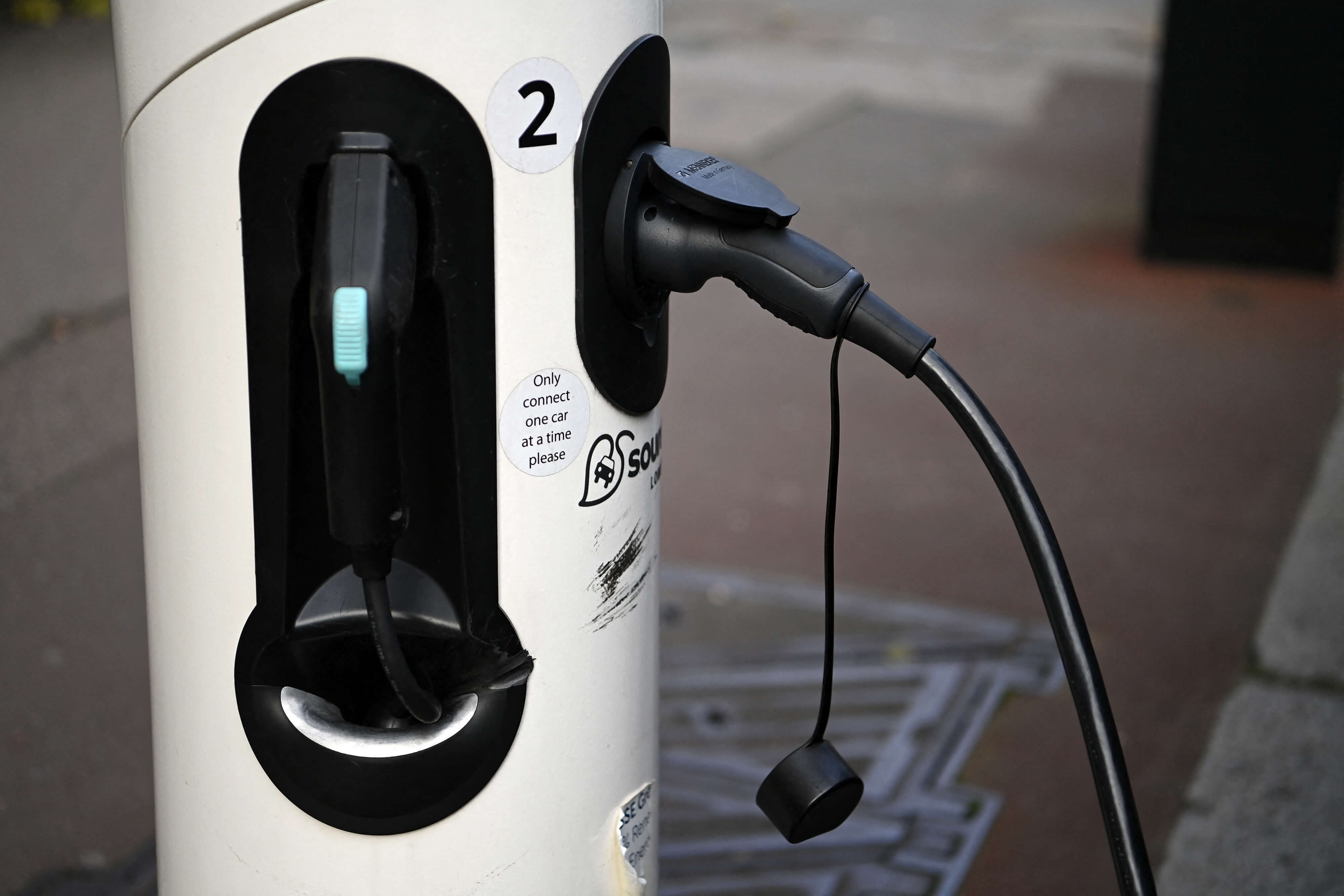
Renewable energy is a fast-growing sector. The UK, for example, will ban petrol and diesel vehicle sales from 2030 as part of a 10-point plan for a “green industrial revolution.” Source: Daniel Leal-Olivas/AFP
What do you see yourself doing in ten years?
I’m open to all locations in the world to live and work. However, I feel a lot of good work is being done in emerging markets — South East Asia, East Africa, etc — and there are many exciting opportunities to be part of real change. I could see myself being in the thick of things based in one of these regions in roles of strategy or investments in the new and upcoming clean energy technologies.
What’s one thing you missed from home and how did you substitute it?
Living in London and Paris definitely made me miss home-cooked food. Indian food can be found in London but it simply isn’t the same as back home. Luckily for me, I love to cook and most weekends were spent with me making light Indian meals. I also loved making elaborate Indian food for my international group of friends to try.









